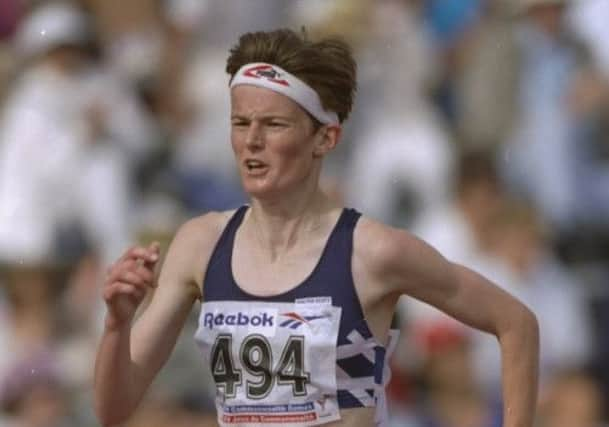Glasgow 2014 blast from the past: Yvonne Murray


What is easy to forget is that it was not easy for Murray in the years in between. While Liz McColgan and Sonia O’Sullivan became world beaters, the Musselburgh woman’s own remarkable feats became unfavourably compared with what they did. So, when her conversion from 3,000 to 10,000 metres brought her long-awaited glory in a Scottish vest on Vancouver Island – she had won bronze at the 1986 Commonwealth Games, and silver in 1990 – it came as an overwhelming relief.
The father of Murray’s coach, Tommy Boyle snr, had suffered a stroke that summer, and he was at the forefront of the runner’s thoughts in the aftermath of her clinical victory over South African favourite Elana Meyer. But McColgan had won the previous two Commonwealth golds at the distance.
Advertisement
Hide AdAdvertisement
Hide Ad“Everyone knows that I hadn’t done particularly well over the last three years and Tommy senior said to me: ‘I think you should go away and have some babies. After all, it worked for Liz McColgan!’” she laughed.
“When you’ve had a disastrous championship as I had at the Barcelona Olympics there is a time immediately afterwards when you think, I’m going to chuck this. There was a spell when I’d gone too far into myself and wasn’t enjoying my running. Now it’s fun again and there are more important things in my life than sport.”
All the talk in the run-up to that 10,000m was about elbows. Kenyan teenager Sally Barsosio was meant to be the main threat, both to Murray’s hopes of gold and her ribcage, but the rake-like Scot never shied away from physical combat either and, after Barsosio withdrew, she clung like a limpet to the shoulder of Meyer for the second half of the race, then picked her moment to break with 500m to go, and sauntered home.
It is tantalising to imagine how much Murray would have been revered had she not been born so close to McColgan – in the same year, in fact, 1964. She never did manage to build on that early Olympic bronze but, in Victoria, at least, she won the satisfaction of knowing she could prosper at the longer distance, while stretching to 12 years Scotland’s incredible domination of the event.